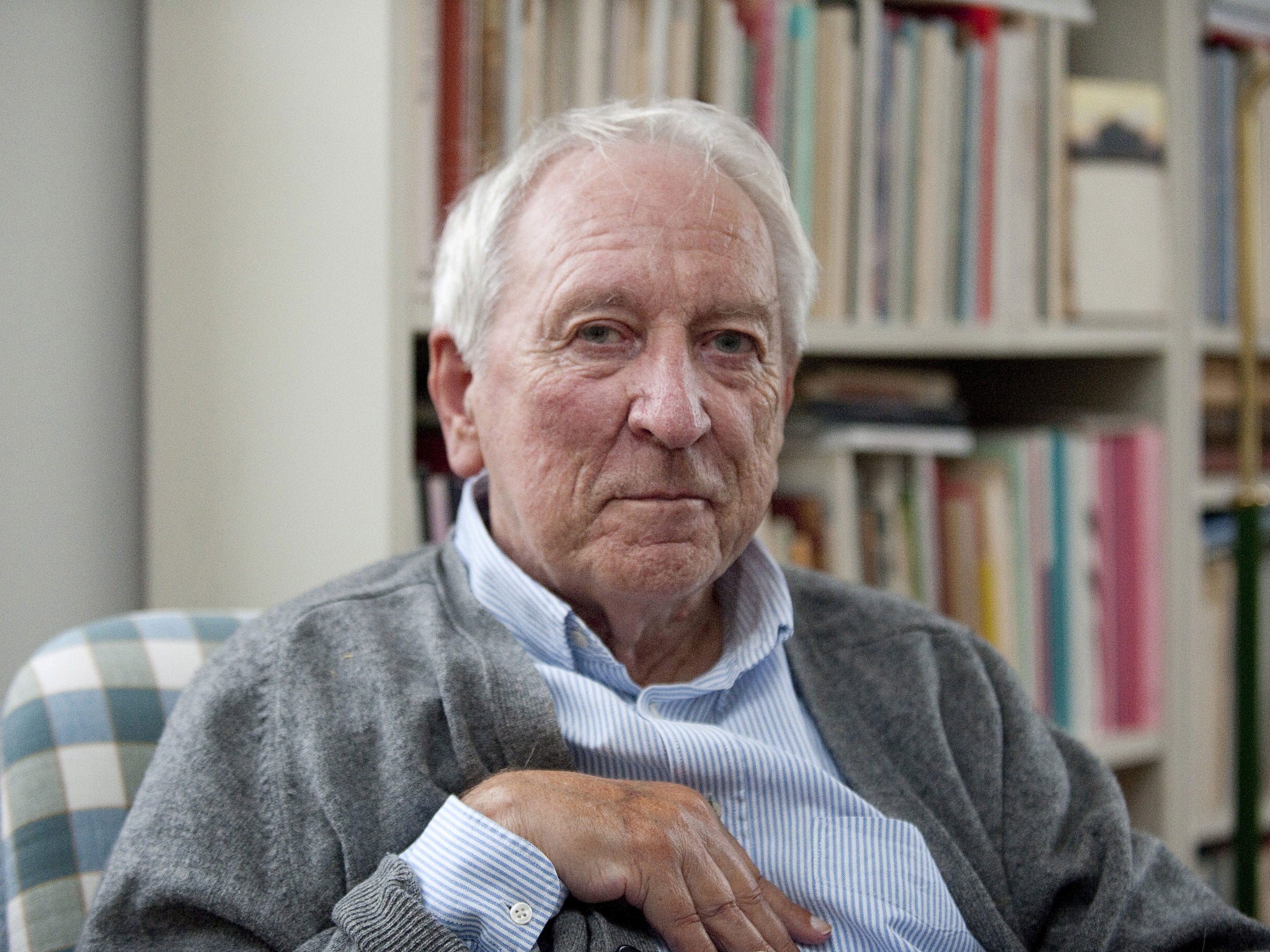Tomas Transtromer: Poet and Nobel Literature Prize winner dies
The reclusive writer died at the age of 83 after a short illness

Your support helps us to tell the story
From reproductive rights to climate change to Big Tech, The Independent is on the ground when the story is developing. Whether it's investigating the financials of Elon Musk's pro-Trump PAC or producing our latest documentary, 'The A Word', which shines a light on the American women fighting for reproductive rights, we know how important it is to parse out the facts from the messaging.
At such a critical moment in US history, we need reporters on the ground. Your donation allows us to keep sending journalists to speak to both sides of the story.
The Independent is trusted by Americans across the entire political spectrum. And unlike many other quality news outlets, we choose not to lock Americans out of our reporting and analysis with paywalls. We believe quality journalism should be available to everyone, paid for by those who can afford it.
Your support makes all the difference.The Swedish poet and Nobel Literature Prize winner Tomas Transtromer has died at the age of 83.
Transtromer died after a short illness, Anna Tillgren, a spokeswoman for his publisher Bonniers, said.
Known for his surreal and lyrical poerty, Transtromer’s work was translated into more than 50 languages and influenced poets across Europe, the Middle East and Americas.
He had been nominated for the Nobel Prize every year since 1993, and finally won in 2011. The Swedish Academy said in its citation that Transtromer had received the Nobel prize “because, through his condensed, translucent images, he gives us fresh access to reality”.
Transtromer was left partly paralysed after suffering a stroke in 1990, which made it difficult for him to speak, though he continued to write.
Transtromer debuted at 23 with the collection Seventeen Poems, and later divided his time between poetry and his work as a psychologist.
In famous collections such as the 1966 Windows And Stones, Transtromer used imaginative metaphors to describe the mysteries of the human mind, while his other work addressed nature, history and death.
He is survived by his wife Monika and their two daughters Emma and Paula.
Additional reporting by agencies
Join our commenting forum
Join thought-provoking conversations, follow other Independent readers and see their replies
Comments